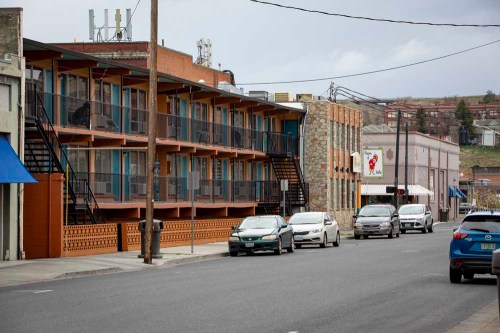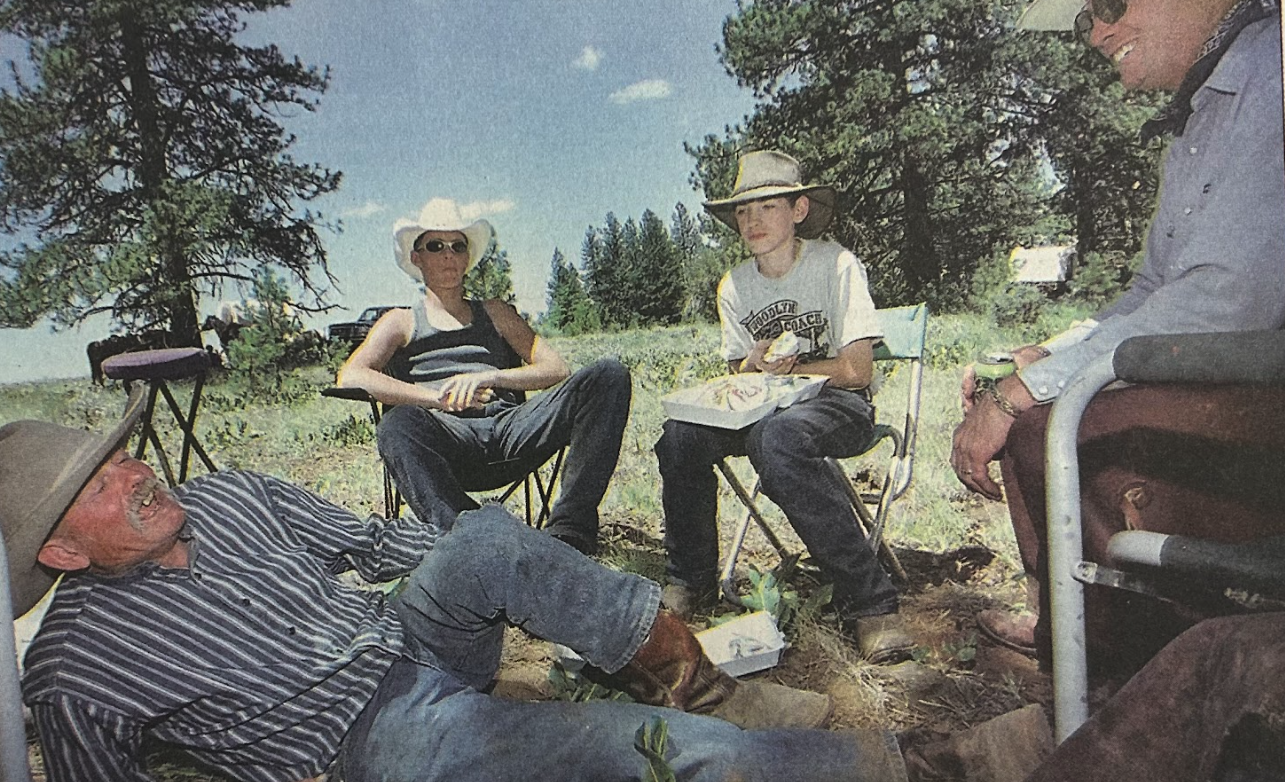BENT detectives arrest six people at Marigold Hotel on drug charges
Published 7:00 am Tuesday, July 7, 2020

- Pendleton’s Marigold Hotel served as the temporary home for more than 60 unhoused people during the early portion of the COVID-19 outbreak. A string of illegal activity around the property culminated with a drug bust last month and police issuing a “chronic nuisance” warning to the hotel.
PENDLETON— A string of illegal activity around the property culminated with a drug bust at the Marigold Hotel in Pendleton on Thursday, July 2, and police issuing a “chronic nuisance” warning to the hotel on Friday, July 3.
Detectives with the Blue Mountain Enforcement Narcotics Team arrested six people on a variety of drug charges after serving a search warrant at the Marigold Hotel on Southeast Court Avenue in Pendleton.
According to Pendleton Police Chief Stuart Roberts, the primary target of the operation was Sarah Ann Pierre, 42, who was arrested and charged with possession and delivery of methamphetamine and heroin.
Police contacted two other individuals while arresting Pierre in room No. 103 at the hotel, one of whom was arrested for violating parole after admitting to illegal drug use.
While searching 10 other rooms on the property, Roberts said that two others were arrested for possession of meth and another two were arrested for outstanding warrants during the operation. Reports from the searches are being forwarded to the Umatilla County District Attorney for consideration of charges, which have yet to be officially filed.
Roberts previously provided the Marigold Hotel with warnings for repeated problems and reports of illegal activity, and on July 3 the police department submitted a written warning to the owners.
“I want to give the property managers and owners an opportunity to rectify the issues that we’re seeing daily,” Roberts said.
Jesse Cunningham, front desk clerk and acting assistant manager at the Marigold, said the staff is planning on meeting with Roberts within the next week to respond to the warning.
“We discussed it among ourselves,” Cunningham said. “The owner has contacted the chief and has had discussions over the phone. We plan on working out a plan on paper and let the community know that we intensely and intently plan on making sure this doesn’t happen again, and get things back in order.”
If the hotel fails to respond or make a direct plan to address the nuisance complaint, then the police will issue a chronic nuisance declaration of the property and provide fines. Roberts said in the worst case scenario, the fines will be too large to pay out, which can lead the hotel to go out of business.
The Marigold Hotel had hosted a housing assistance program from Community Action Project of Eastern and Central Oregon (CAPECO) to help protect the local unhoused population from the risks of COVID-19 since March 19, but a lack of funding led to the program restricting those eligible for assistance less than a month later on April 15.
“We scaled it back to only those households that were either directly COVID-19-related that were without housing or are very high risk,” said Denise Jerome, housing program director for CAPECO.
The program initially assisted 60 people, housing them in 42 rooms in the Marigold, according to Jerome, but CAPECO stopped housing people at the hotel June 17 due to continuously dwindling funds.
“We worked with (CAPECO) to ensure the health, safety and wellness of those who were being housed, that truly had a bonafide need were really looked out for,” Roberts said of the program. “And that we didn’t have a bunch of nefarious activities occurring because there were people there that, quite frankly, were using the system that didn’t have the need.”
Cunningham said they’ve been trying to deal with the issue of loiterers and those causing a nuisance and have purchased camera equipment to monitor who comes in and out of the hotel but that it’s difficult to do that, citing understaffing as an issue.
In regards to the hotel’s agreement with CAPECO, Cunningham said they wanted to be supportive during COVID as best they can, while keeping the hotel afloat.
“We wanted to show the community that we were trying to help, but at the same time … we would have gone down just as much as many others, if we didn’t grab on to as many resources as we can and that’s what was given,” she said. “We used it, as any other, to try and save the business.”
Jerome said this is the first time CAPECO has done a housing contract with a hotel to this extent and said they’ve tried reaching out to other hotels to help at-risk and vulnerable houseless community members.
“We had reached out to several motels,” she said. “Some had to close during the crisis and some were not equipped, so Marigold was the one trying to provide that assistance in a quick manner.”






